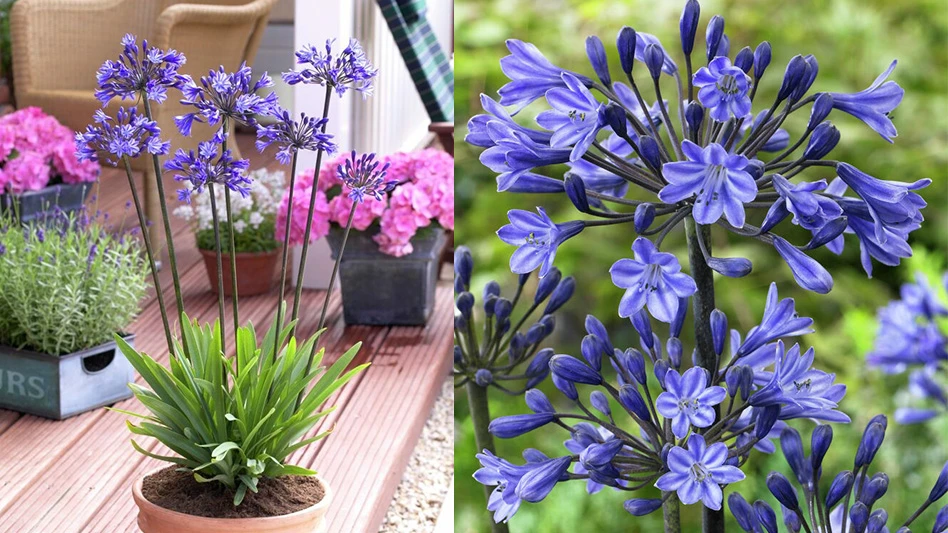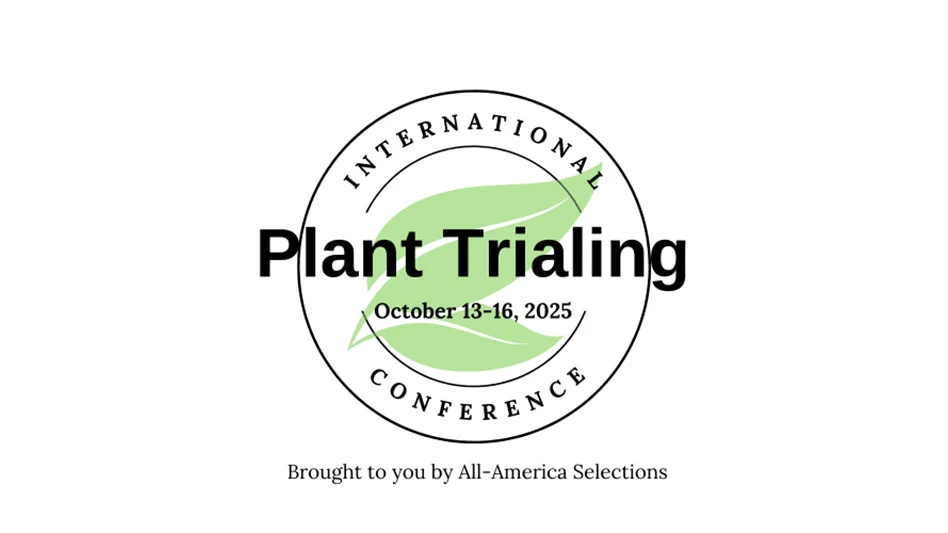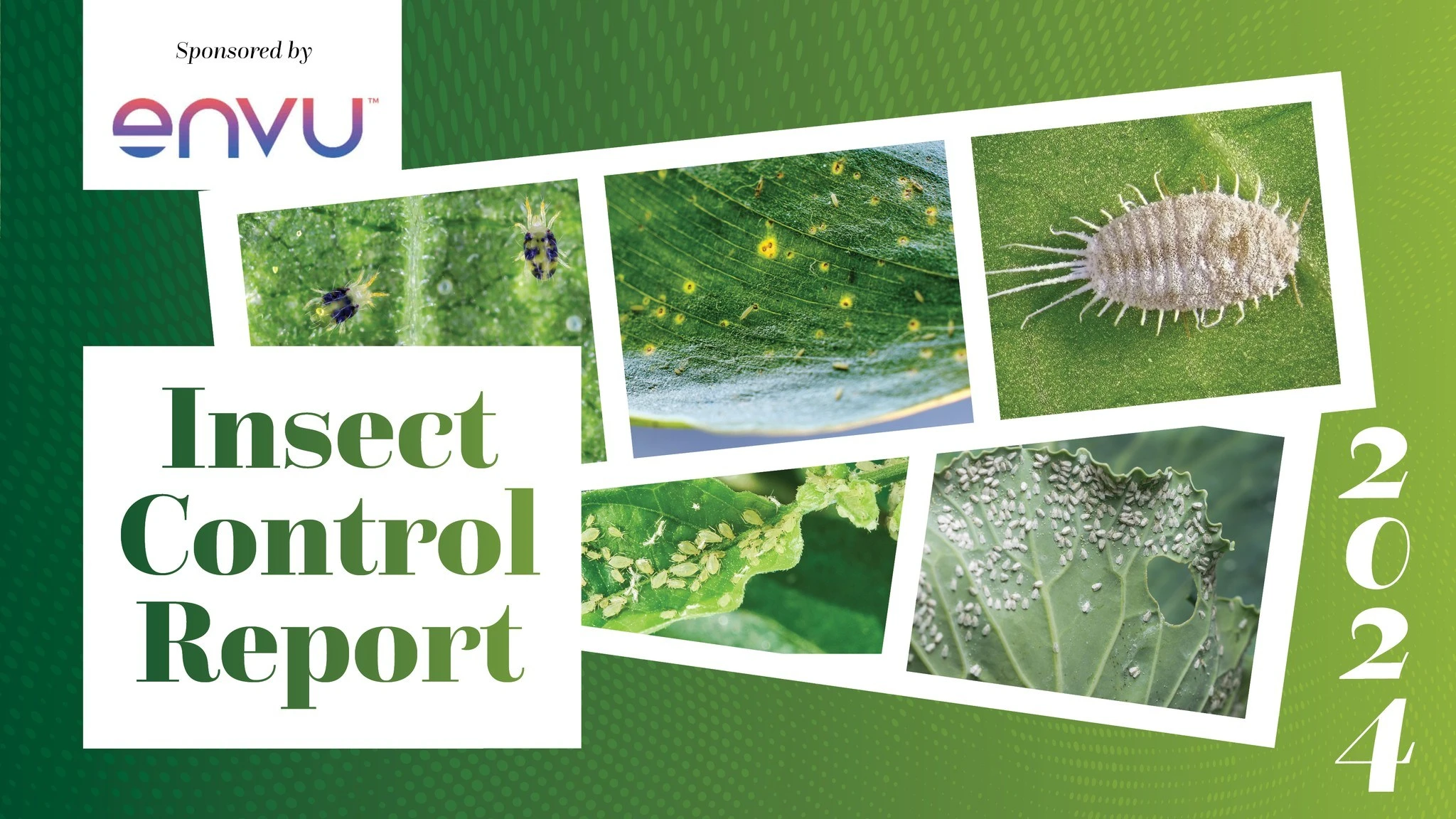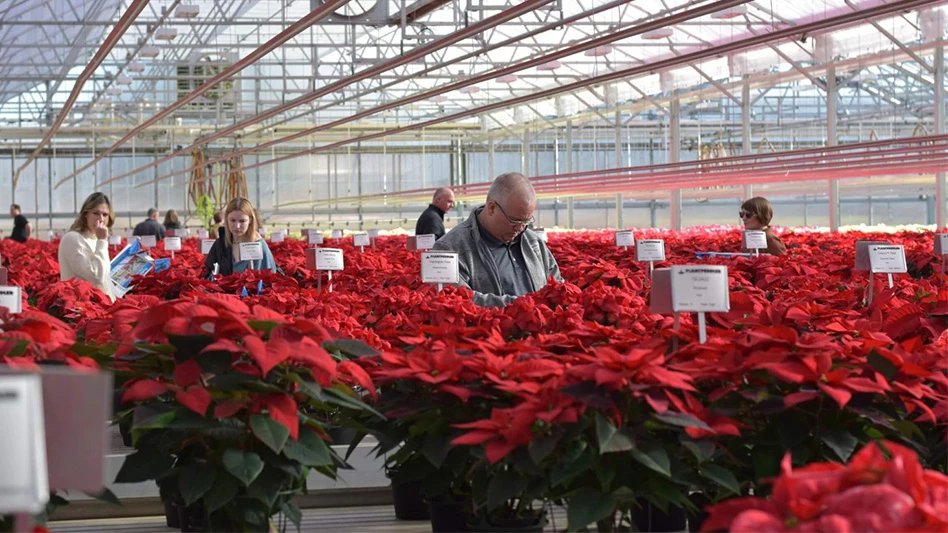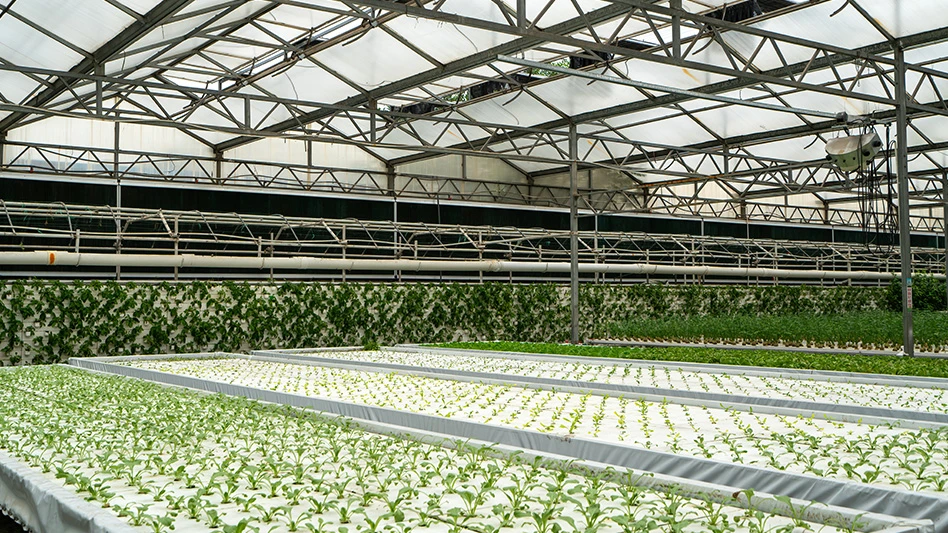 When Gladys Opiyo moved from Uganda to the United States to attend Ohio State University in 2007, she knew early on that Ohio would be her new home.
When Gladys Opiyo moved from Uganda to the United States to attend Ohio State University in 2007, she knew early on that Ohio would be her new home.
“The people that I met here, the friends I made, made it feel much more like home,” Opiyo, 36, says.
And so this year, she has decided to stay for the long haul and acquire citizenship. Aside from her new relationships, she’s also taking advantage of the increased opportunities available within the horticulture industry in the U.S.
Opiyo’s love for growing blossomed before moving to the U.S., while she worked for the Uganda Flower Exporters Association. She bred roses that were exported internationally, which gave her the opportunity to travel to flower hubs like Ecuador, California and Holland. From that experience, she realized she wanted to be part of the growing process. Roses are still her favorite flower, she says.
After earning a Master’s degree in horticulture from Ohio State, Opiyo worked as a research associate at the university, then a grower at Shenadoah Growers in Harrisonburg, Va. for about two years, until she was hired on at Timbuk Farms in Granville, Ohio as a grower specialist in 2012.
 She and a couple team members started by conducting experiments in another greenhouse, trying their hands at different crops. “It was more about improving techniques for growing and then trying some crops that have not been released in the market yet,” she says. Opiyo’s improvements earned her a promotion to production manager one year later.
She and a couple team members started by conducting experiments in another greenhouse, trying their hands at different crops. “It was more about improving techniques for growing and then trying some crops that have not been released in the market yet,” she says. Opiyo’s improvements earned her a promotion to production manager one year later.
Now, her position includes crop scheduling, space allocation and the management of more than 60 employees at one time during the peak season and 15 in the offseason. One of her biggest goals this year was to hire on and train a team that would make the busy season run smoother.
Opiyo did just that by spending time properly training her employees. Instead of hiring blindly, many of this year’s employees were referred by word of mouth from previous employees the year before. She enjoys seeing friends and family members come together for a job they enjoy. Otherwise she runs the risk of someone quitting early because of the time it takes to learn the job, or the physical work it entails.
“Not many people are able to do [the work] or like to do it,” she says. “People come and maybe stay for 30 minutes or an hour and they say, ‘This is not for me, I’m done,’” Opiyo says.
She also finds it important to “not just encourage, but be able to believe in [employees]. Respect them and make them feel an important part of what you’re doing. And through that, you’ll be able to see them excel, so long as you can challenge them and give them the freedom to make decisions. I’ve seen that go a long way,” she says.
A lot of times, those decisions involve creating attractive combinations of finished plants. Many of her employees enjoy the “flexibility to be part of the process,” she says, which in turn, has made Opiyo’s job easier. She also relies on her line leaders.
“If I can’t keep an eye on every single person and every single detail, they’re there to help me. They’re my eyes,” she says.
The extra time, and her new citizenship, allows Opiyo to travel to Europe for flower trials so she can bring back more varieties for her employees to experiment with.
But aside from the opportunity to begin from scratch with a plant and realize the end product, or being able to experiment with a new variety, Opyio’s favorite part of the job is the people. “You’re working hand-in-hand with people and you’re doing it together,” she says. “That brings me a lot of joy.”

Explore the August 2015 Issue
Check out more from this issue and find your next story to read.
Latest from Greenhouse Management
- Hurricane Helene: Florida agricultural production losses top $40M, UF economists estimate
- Sensaphone releases weatherproof enclosures for WSG30 remote monitoring system, wireless sensors
- Profile Growing Solutions hires regional sales manager
- Cultural controls
- University of Maryland graduate student receives 2024 Carville M. Akehurst Memorial Scholarship
- Applications open for Horticultural Research Institute Leadership Academy Class of 2026
- Meeting the challenge of pest management
- Find out what horticulture products were named to TIME Best Inventions of 2024 list
